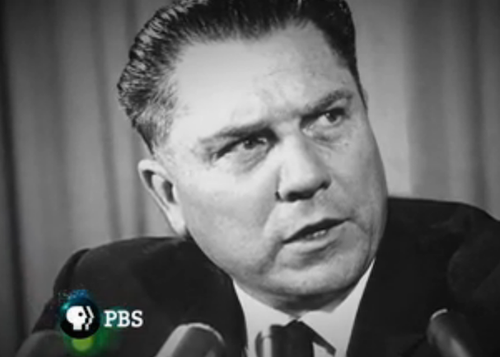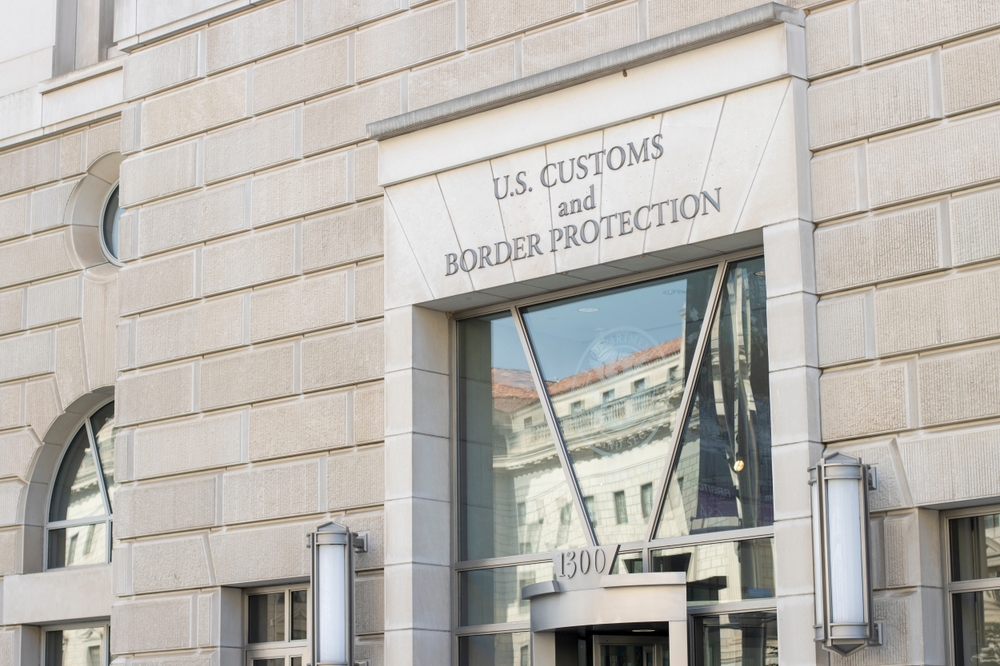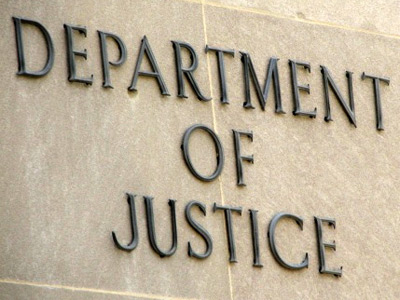Morale is low, attrition is high. It’s clear collective bargaining would help improve things over at the Transportation Security Administration, which overseas the security of our airports. The Obama administration needs to address this sooner than later.
By Steve Vogel
Washington Post Staff Writer
WASHINGTON  — Border Patrol agents can do it. So can federal protective officers and U.S. Capitol Police. But Transportation Security Administration officers, who screen passengers at airports across the country, are not allowed to engage in collective bargaining.
— Border Patrol agents can do it. So can federal protective officers and U.S. Capitol Police. But Transportation Security Administration officers, who screen passengers at airports across the country, are not allowed to engage in collective bargaining.
The unions representing TSA employees say that one result is the agency has the lowest morale and highest attrition rate of all federal agencies, and that they are eager to see change.
They have the backing of President Obama, who promised on the campaign trail that collective bargaining and workplace protections “will be a priority” for his administration. “It is unacceptable for TSOs to work under unfair rules and without workplace protections — this makes it more difficult for them to perform their jobs,” Obama wrote in a letter to the American Federation of Government Employees in October. “Since 2001, TSA has had the unfettered ability to deny its workforce even the most basic labor rights and protections.”
So far, no changes have been made. The legislation that established the agency after the terrorist attacks of Sept. 11, 2001, states that the decision on whether to allow collective bargaining rests with the TSA administrator.




